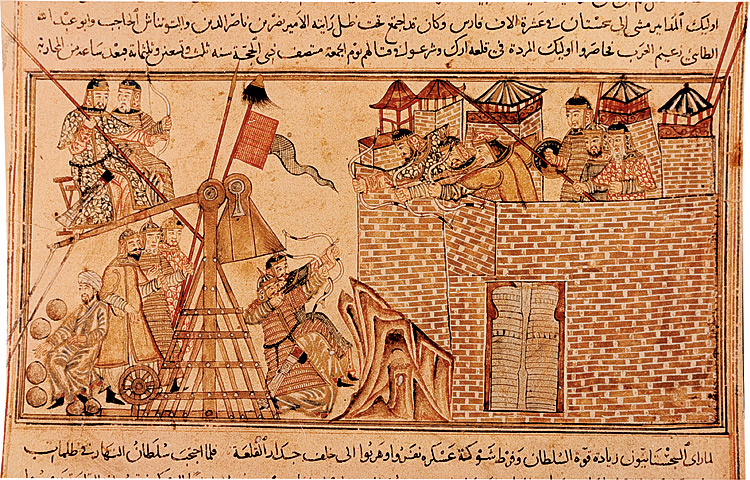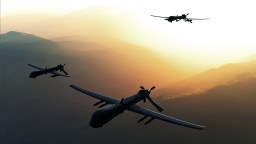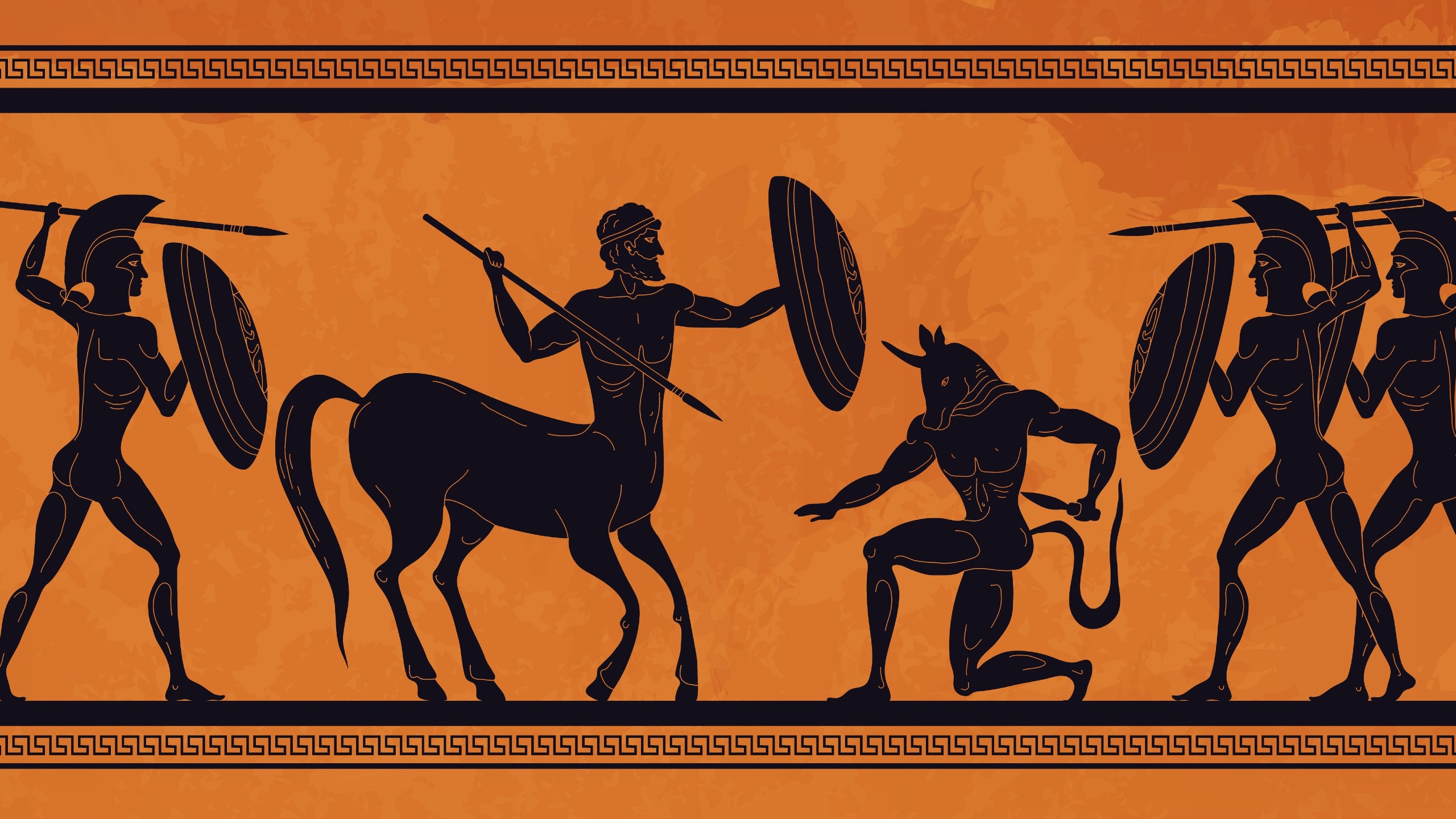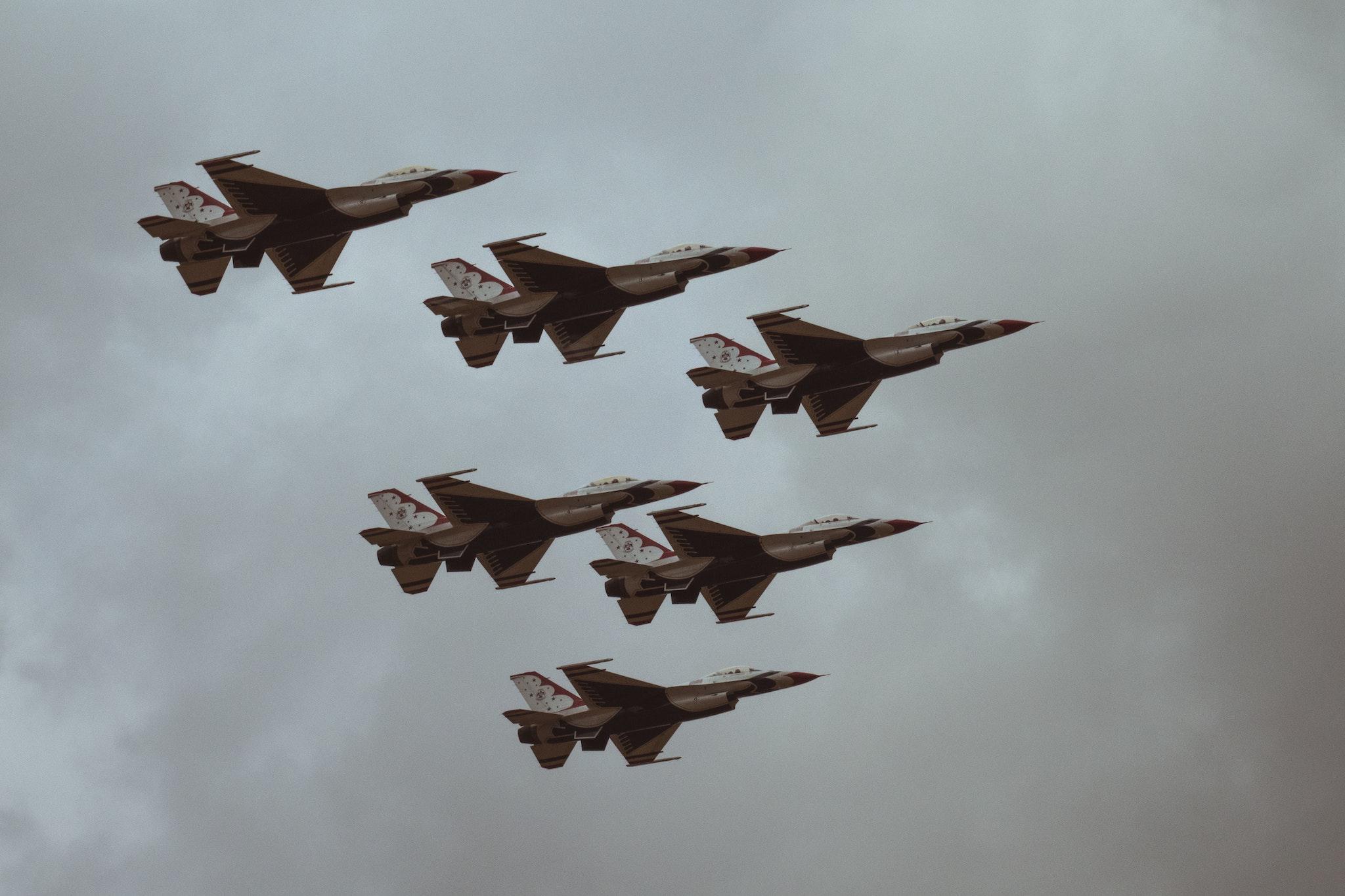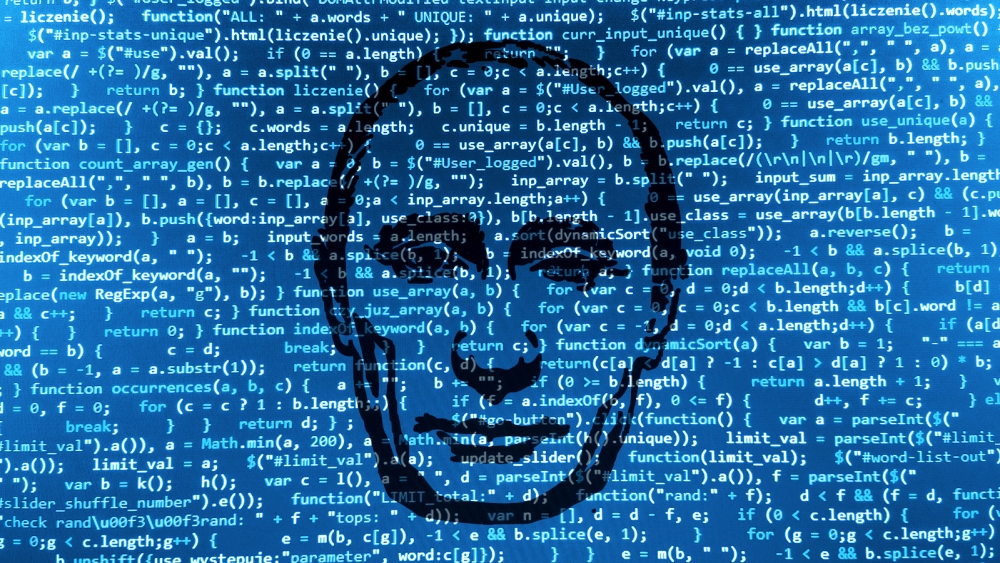AI will fundamentally change the nature of war
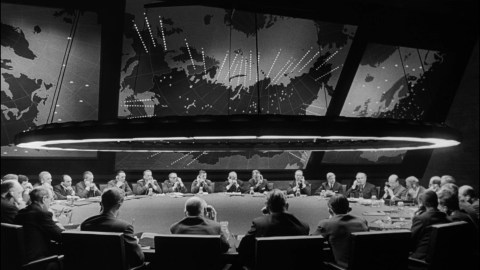
- Emerging technologies including nanotechnology and artificial intelligence could change warfare forever.
- The AI systems used to run wars will “think” differently from human brains and the central psychology of war will disappear.
- If applied to the battlefield, AI could change the essence of warfare in a way that is beyond human speculation.
We live in an age of unprecedented technological advance, and this applies nowhere more than to the field of war. From hyper-sonic missiles and nanotechnology, through space warfare using satellite-based lasers, to biologically-enhanced soldiers, barely a week goes by without news of a new technology that will change warfare forever.
Particularly in the West, we are fascinated by how technology will give us the edge in war. Possibly because it always has. From weighted spears, to ironclads, to the hydrogen bombs and drone swarms—the West and its antecedents have almost always brought greater levels of technology to the battlefield. And for 500 years, if not longer, this has enabled the West eventually to win most wars.
Other countries see technology as the key too. In recent years, other countries—notably Russia and China—have attempted to change their militaries from manpower-intensive attritional forces to high-tech manoeuvrist forces. Judging by Russia’s performance in its 2022 invasion of Ukraine, it has failed in this endeavour. It is not yet clear whether China has been able, or will be able, to make that transition.
Yet, war has a series of principles that you cannot wish away—space-age technology will not compensate for a lack of a strategy, nor the poor morale of your troops, nor non-functioning logistics.
Warfare will continue to be about people, and a phenomenon rooted in human psychology. Wars will still be won when one side decides that they have had enough. Wars will still be won with better strategies. And strategies will still consist of the same dynamics of advancing, retreating, deceiving and creating fear among your enemies. War will remain predominantly a human emotional activity, rather than a technological one.
Technology will not change the nature of war. Or will it? Well, there may be one scientific development on the horizon that will change warfare forever. That technology is artificial intelligence, or AI.
Humans will no longer be making decisions. Artificial brains will. Whereas human brains win wars using methods with which we are so familiar—bluff, advance, entrap, deceive—this may not be how AI does so.
Those methods are a product of brains that evolved in a specific evolutionary environment, in social competition with other humans. We all share the same emotional responses (more or less). We are all jealous, angry, proud, and sad. These emotions, and these ways of psychologically relating to others, are the basis of strategy. What is a ruse, after all, if it is not playing on the opposing commander’s pride?
We know little about the future AI systems that will be running wars, except that, in this most competitive human field, there definitely will be AI systems doing so, and that they will not look or act anything like our human brains. AI systems will think differently. The central psychology of war will disappear. Human brains that evolved through competition with other human brains create the psychology that underpins strategy, which creates the essence of warfare. But these human brains evolved in order to maximize survival and reproduction: to find food and water, and sexual partners, to form coalitions, and to avoid being killed by lions.
AI systems will create the new nature of war.
Artificially intelligent war brains will have none of these ultimate goals. AI’s only goal will be to win the war (one assumes it will be programmed accordingly), and so the strategy it adopts will have an entirely different shape. That’s why, if applied to the battlefield, AI could change the essence of warfare in a way that is beyond human speculation. Artificial intelligence is likely to be the single most important technological innovation in the field of conflict, ever.
Thus, for the first time in human civilization, the fundamental nature of warfare may change. And it will look completely different, with different dynamics, in ways that we cannot even conceive. In short, AI systems will create the new nature of war. My argument relies on AI making the strategic decisions, and at present (2023) we are unlikely to see this for some time. But automation is already being introduced at lower levels. Advanced militaries are already designing and testing autonomous weapons systems like loitering missiles and drones (the US, for instance, spends about $2bn per year on researching autonomous systems). Why? Autonomous systems are much, much faster than humans at making decisions, they don’t get tired and need to sleep, and nor do they become casualty statistics. The press has dubbed these ‘killer robots’ and articles published on the topic are invariably illustrated with a still from the Terminator movies series.
If I were a general or a leader of a country I would be observing these experiments very closely. In a few years (or maybe even already, but still unknown to us) autonomous systems will start to fight each other. And the dynamics resulting from that encounter will reveal what the future of war will look like.
